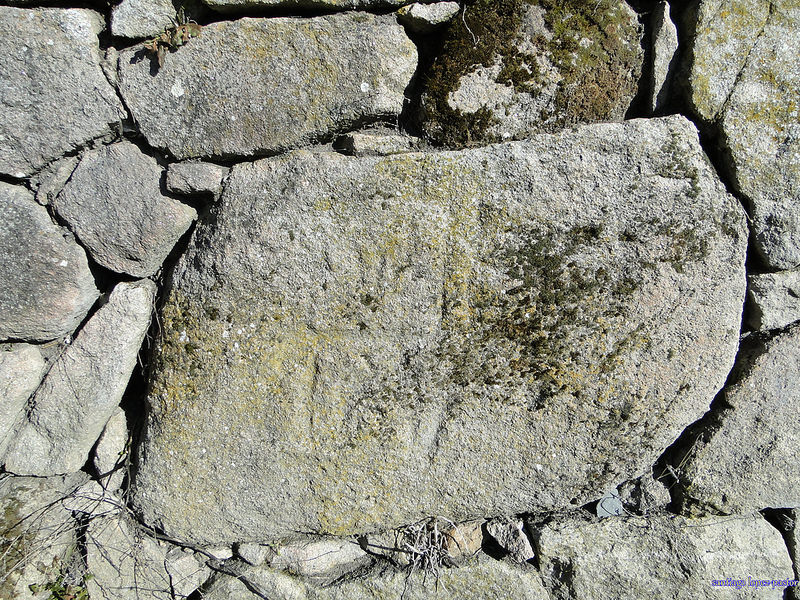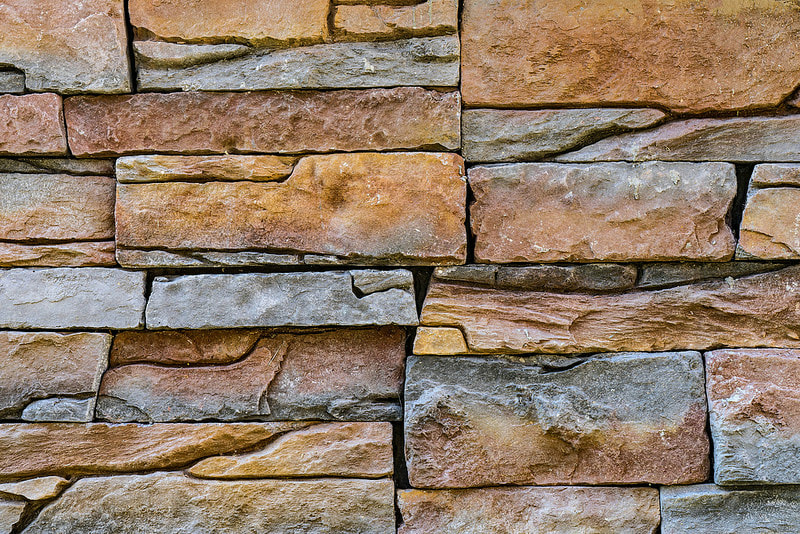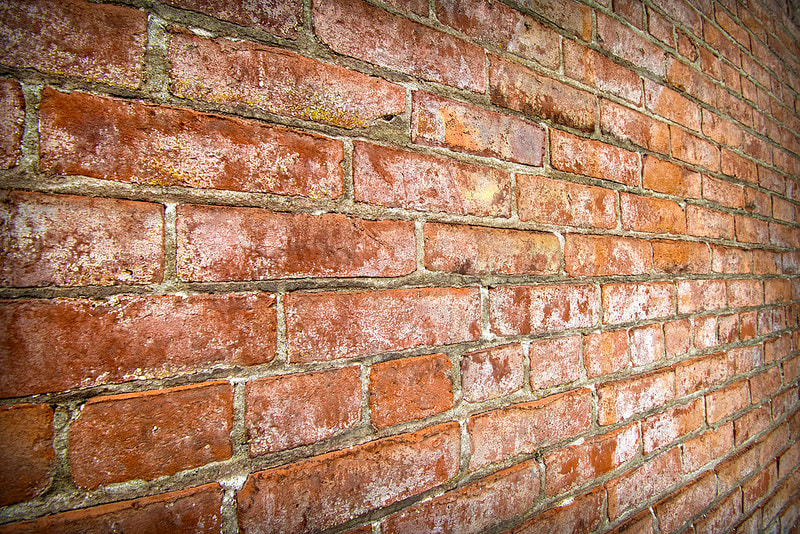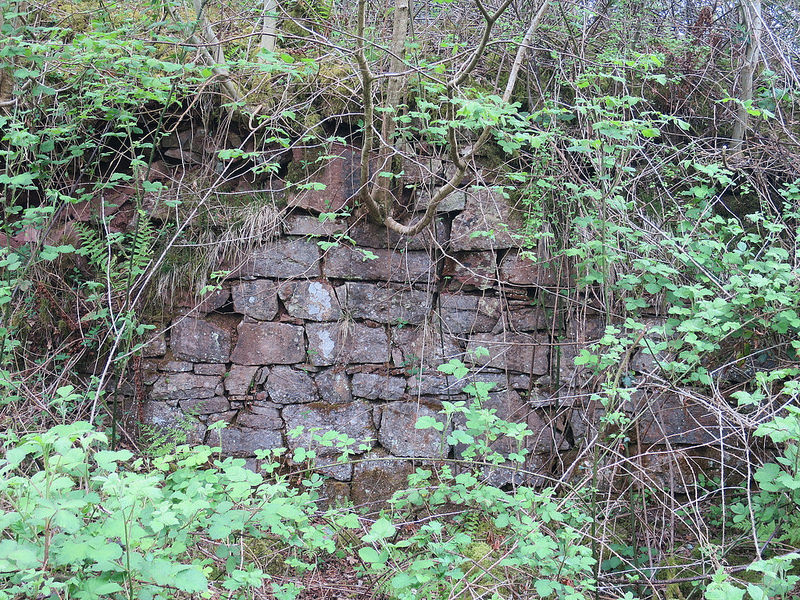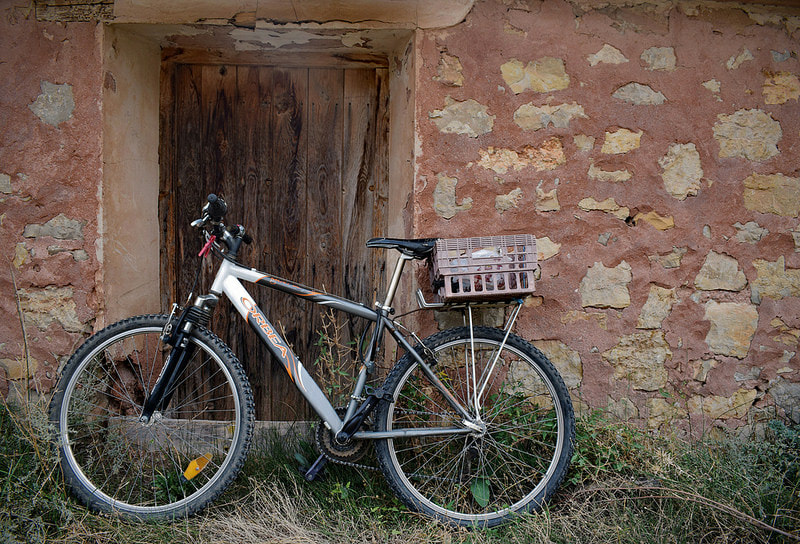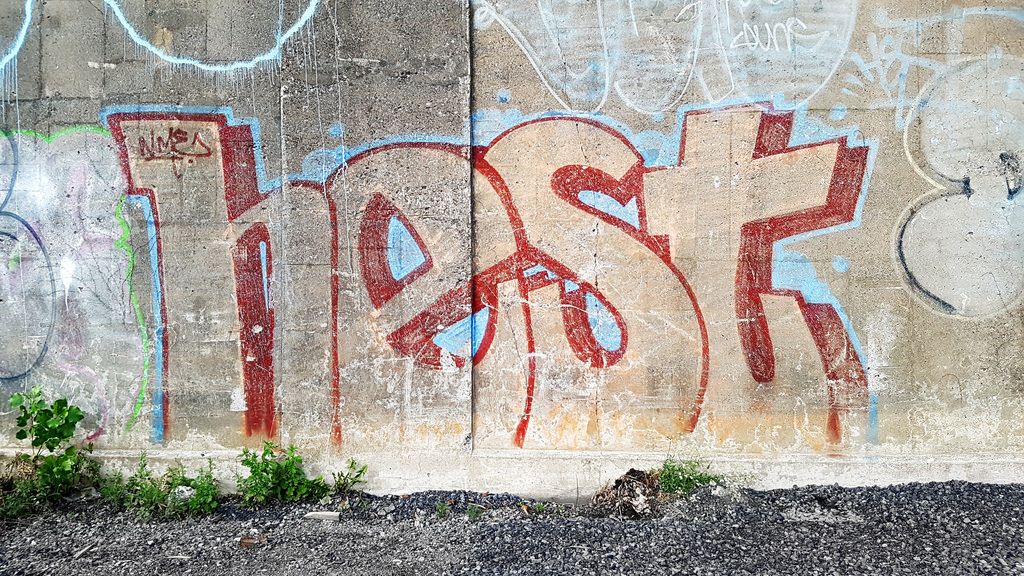Walls in the Head
reflections on the psychology of walls
Big and Fat and Beautiful"It's going to be a big, fat, beautiful wall!" Trump shouted to cheering supporters Thursday night in San Jose. (LA Times, JUne 3, 2016, 5:31)
Immoral and Expensive and Unwise“The wall is, in my view, immoral, expensive, unwise," (Nancy Pelosi, CBS News, April 23, 2017)
|
Walls are physical and psychological. Before and after walls are built, they function in people's minds as lures for feeling (Whitehead's phrase).
Some psychological walls are absolutly essential. People need personal boundaries to secure identities and protect themselves from others. And sometimes people need to protect others from themselves, and themselves from themselves, by building such walls. It's not such a bad idea to wall off your own greed and hatred sometimes, as best you can. But here I'm talking about what one rich man calls "big and fat and beautiful" wall between nations. For those who seek to build them, such walls evoke a sense of security and identity. They are a way of naming and legitimizing differences. "We" are on this side of the wall; "they" are on the other side. Behind this is a background idea: "we" are pure and "they" are impure. For those whom walls are intended to keep out, walls function as symbols of rejection and animosity. Walls are reminders that "they" do not accept "us" and see "us" as deficiently human. Walls are also implicit invitations to imagine (and get to) the other side. Because walls are divisive, more than a few wisdom seekers have seen walls as obstacles to the compassionate heart. One of the most beautiful expressions of this sentiment is the passage from the 14th century Spanish mystic, Ibn al-Arabi, who speaks of love as his religion, and invites to imagine a heart so wide that it is a pasture for gazelles. And some (process theologians, for example) have imagined God as a heart without walls. See God with a Spacious Heart. My Muslim colleague and friend, Farhan Shah, speaks of God in similar terms. People who are drawn to images of the spacious heart may nevertheless build walls for protection, but they do not find them "big and fat and beautiful." They find them tragic and sometimes immoral. And they fervently resist the idea that those on "the other side" are deficiently human. In building a wall or even a fence, it is hard for them get over the symbolism of the wall. Not only in the physical world, but also in their hearts, the very image of a big and fat wall, especially made of concrete but also of steel, is a source of spiritual pain. For them hospitality and nurturance are even more important than security and protection. Among them are famous people like Jesus and the Buddha, Abraham Heschel and Dorothy Day. But also ordinary people who have love in their hearts, like your uncle or my mother, your brother or my sister. When the subject turns to walls at their pep rallies, or for that matter their worship services, the crowd never cheers. |
A Pasture for Gazelles: Ibn 'Arabi
|
My heart has opened unto every form:
it is a pasture for gazelles, a cloister for Christian monks, a temple for idols, the Ka’ba of the pilgrim, the tablets of the Torah and the book of the Qur’an. I practice the religion of Love. -- Novak, Philip. The World's Wisdom: Sacred Texts of the World's Religions (pp. 325-326). HarperOne. Kindle Edition. Quote taken from Sufism, by William Stoddart. Copyright © 1986. |
Ibn ʿArabi (26 July 1165 – 16 November 1240), full name Abū ʿAbd Allāh Muḥammad ibn ʿAlī ibn Muḥammad ibnʿArabī al-Ḥātimī aṭ-Ṭāʾī, was an Andalusian Muslim scholar, mystic, poet, and philosopher, whose works have grown to be very influential beyond the Muslim world. Of the over 800 works which are attributed to him, 100 survive in the original manuscript -- Wikipedia
Psychology of Walls
Walls are built for various reasons and they serve different purposes, but their function is always fundamentally the same: to create divisions, to prevent people and ideas from moving freely, and to legitimize differences.....Once the wall has been erected, it acquires a life of its own and structures people’s lives according to its own rules. It gives them meaning and a new sense of direction. All those walled off now have a purpose: to find themselves, by whatever means it takes, on the other side of the wall.
-- Costica Bradatan, assistant professor in the Honors College at Texas Tech University, in NY Times, NOv. 27, 2011, 5 pm
More on the Psychology of Walls
While walls and fences are certainly physical things — imposing ones at that — a good deal of their power comes from elsewhere. As their role in political discourse makes clear, they are also things of the mind. And it is not a concept confined by American borders. The Germans, who seem to have a name for everything, use the phrase Mauer im Kopf (“wall in the head”) to refer to the phenomenon. The Berlin Wall may have been torn down long ago, but many people in Germany still feel divided; the wall is intact in their minds....Walls can be spectacular as architectural structures but they can be even more fascinating as entities that inhabit our thinking and shape cultures.
Walls, then, are built not for security, but for a sense of security. The distinction is important, as those who commission them know very well. What a wall satisfies is not so much a material need as a mental one. Walls protect people not from barbarians, but from anxieties and fears, which can often be more terrible than the worst vandals. In this way, they are built not for those who live outside them, threatening as they may be, but for those who dwell within. In a certain sense, then, what is built is not a wall, but a state of mind.
-- Costica Bradatan, assistant professor in the Honors College at Texas Tech University, in NY Times, Nov. 27, 2011, 5 pm
